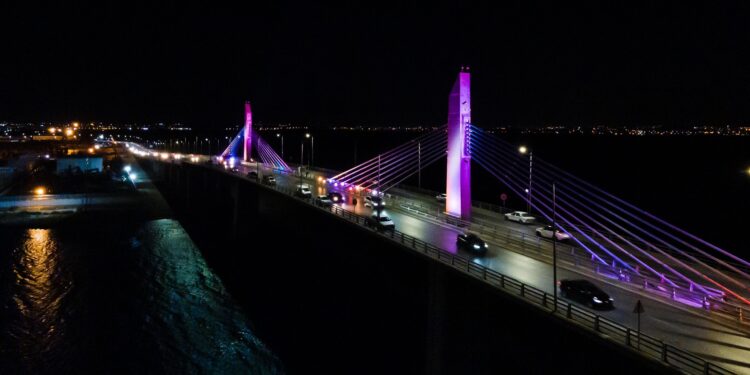From 1977Tunisia has a long -standing partnership with thehas JICA (Japanese International Cooperation Agency). In total, 353.177 billion yenor about 7.318 billion Tunisian dinarshave been granted in the form of loans to finance development projects in strategic sectors such as water, energy, agriculture, transport and industry.
The first funding aimed to support the maritime transporta key sector for the Tunisian economy at the time.
Among the most emblematic projects are:
- There Sfax desalination stationcommissioned in August 2024, which makes it possible to secure the supply of drinking water in a region faced with high water pressure.
- THE Radès “A” and “C” power plantsessential to strengthen national energy production and meet growing demand.
- THE Radès-Halk El-Wad bridge and theGabès – Médenine motorwaywhich improve mobility and facilitate the transport of goods and people.
- THE Electric train Tunis-Bourg El-Sadriyasymbol of an effort towards more durable and modern urban transport.
These projects had a tangible impact on the development of infrastructure and the daily life of Tunisians. They show how international cooperation can help modernize vital sectors and support economic growth.
However, some observers highlight the need for a nuanced reading of these funding. The majority of these loans are refundablewhich represents a long -term financial commitment to the Tunisian state.
In addition, the concentration on major infrastructure projects can sometimes leave fewer resources for local initiativessuch as rural development or local social services.
In addition, the success of such projects also depends on the local managementmaintenance and integration into lasting national strategies. Voices are worried that without rigorous follow -up, some investments can lose their effectiveness over time.








